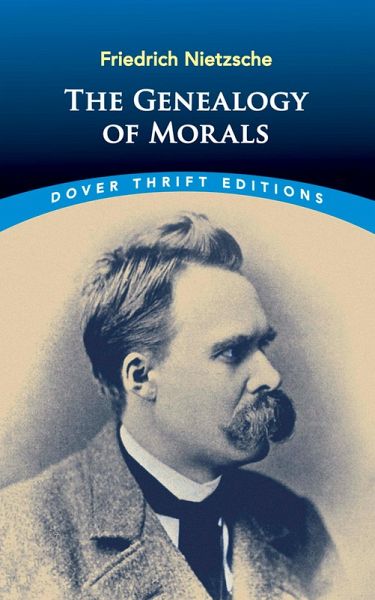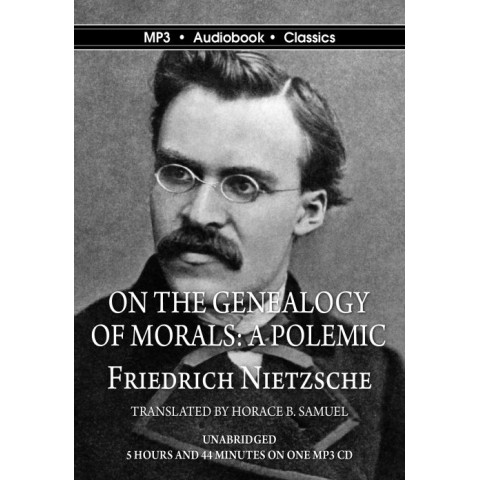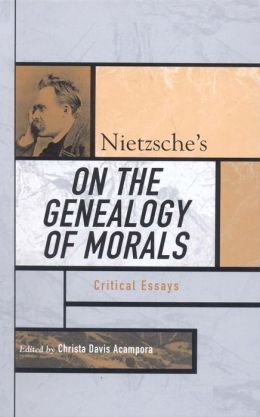Do you interested to find 'nietzsche on the genealogy of morals essay 1'? You can find all the information on this website.
Table of contents
- Nietzsche on the genealogy of morals essay 1 in 2021
- Genealogy of morals essay 1
- On the genealogy of morality summary
- Nietzsche genealogy of morals essay 1 analysis
- Nietzsche, genealogy of morals analysis
- Nietzsche view on morality
- Nietzsche genealogy of morals summary
- Nietzsche first essay summary
Nietzsche on the genealogy of morals essay 1 in 2021
 This picture illustrates nietzsche on the genealogy of morals essay 1.
This picture illustrates nietzsche on the genealogy of morals essay 1.
Genealogy of morals essay 1
 This picture representes Genealogy of morals essay 1.
This picture representes Genealogy of morals essay 1.
On the genealogy of morality summary
 This image illustrates On the genealogy of morality summary.
This image illustrates On the genealogy of morality summary.
Nietzsche genealogy of morals essay 1 analysis
 This picture representes Nietzsche genealogy of morals essay 1 analysis.
This picture representes Nietzsche genealogy of morals essay 1 analysis.
Nietzsche, genealogy of morals analysis
 This image illustrates Nietzsche, genealogy of morals analysis.
This image illustrates Nietzsche, genealogy of morals analysis.
Nietzsche view on morality
 This picture demonstrates Nietzsche view on morality.
This picture demonstrates Nietzsche view on morality.
Nietzsche genealogy of morals summary
 This picture shows Nietzsche genealogy of morals summary.
This picture shows Nietzsche genealogy of morals summary.
Nietzsche first essay summary
 This picture demonstrates Nietzsche first essay summary.
This picture demonstrates Nietzsche first essay summary.
Why was Nietzsche disappointed with his lack of a historical sense?
Nietzsche is disappointed with their lack of a historical sense because they are unable to rise above the moral biases of their time: they see history through the lens of their own morality. This lack of perspective can be problematic when doing history, but when trying to decipher the history of morals itself it can be disastrous.
Who is the author of Nietzsche's Genealogy of morals?
Editorial comments and translations in square brackets and italics are by Ian Johnston; comments in normal brackets are from Nietzsche's text] These English psychologists whom we have to thank for the only attempts up to this point to produce a history of the origins of morality—in themselves they serve up to us no small riddle.
What did Nietzsche think was the crowning achievement of Christianity?
Its crowning achievement was the development of Christianity: Christian love, created by this burning hatred. Nietzsche sees Jesus as the ultimate embodiment of these Jewish ideals, and his crucifixion as the ultimate bait. All the opponents of the Jews might side with Jesus against them, thereby adopting his and their Judeo-Christian moral code.
What did Nietzsche mean by reversal of moral code?
With the advent and success of Christianity, Nietzsche suggests, the reversal of the moral code became complete: what was once "good" became "evil" and what was once "bad" became "good." This section introduces the contrast between what Nietzsche calls elsewhere "master morality" and "slave morality."
Last Update: Oct 2021